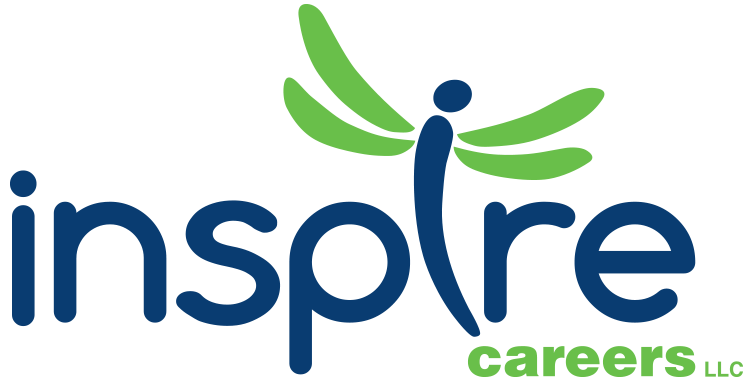
Making the transition from college to career is a significant shift and can seem overwhelming. Just because you have a degree does not mean you know exactly how you want to apply it or what type of work you want to perform on a daily basis. Not having a job lined up after graduation does not mean you are lazy or unmotivated; it simply means you are not sure of the next step.
Having a framework for identifying what type of work would bring you personal and professional satisfaction helps by providing you with a plan and boosting your confidence that you are moving in the right direction.
Grab a notebook, fresh Word doc, or Google doc, and get started.
Assess Your Skills and Interests
First, take stock of your skills and interests.
- What are you good at?
- What do you enjoy doing?
- Which subjects or tasks come naturally to you?
The more you draw on your natural strengths and interests, the more likely you are to find a job you will enjoy.
Do this: Spend a week documenting your activities and rank them based on your level of enjoyment and aptitude. This exercise can help identify what interests you the most and where your natural abilities lie.
Identify Your Values
Next, identify your core values.
- What is most important to you: Money? Creativity? Helping others?
- Are you drawn to companies with sustainable practices or that support specific social causes?
Your values should align with your chosen career to ensure long-term satisfaction.
Do this: Write down your top five values and think about how they relate to potential careers. Review company websites and mission statements to identify organizations that align with your values.
Research Potential Career Paths
With your skills, interests, and values in mind, start researching potential career paths.
- What industries interest you?
- What roles exist within these industries?
- How do your skills and interests align with these roles?
This research will help you narrow down your options and find careers that align with your skills, interests, and values.
Do this: Use online resources like the Bureau of Labor Statistics or LinkedIn to research potential career paths. Make a list of potential roles, their requirements, and growth opportunities. Use ChatGPT to help if you get stuck.
Consider Further Education or Training
Depending on the career path you’re interested in, further education or training may be required.
- Do you need a specialized degree or certification?
- Are there entry-level positions where you can learn on the job?
Keep in mind that investing in your education now can yield significant benefits down the line.
Do this: Research the educational requirements for your chosen career. Consider online courses, certification programs, or graduate degrees. LinkedIn Learning is a great resource for courses. Conducting informational interviews with professionals in your chosen field to understand what additional training could be very beneficial.
Network
Networking is a critical component of your career exploration.
- Reach out to professionals in the field for informational interviews.
- Attend industry events or join professional organizations.
- Use LinkedIn to connect with industry professionals.
Through networking, you may discover opportunities and gain insights that you wouldn’t have found otherwise.
Do this: Start by creating a professional LinkedIn profile. Attend networking events related to your field of interest, either in-person or virtually. Don’t be shy about reaching out to people who are working in your prospective career – most people are happy to share their experiences.
Hire a Career Coach
If you’re feeling overwhelmed, consider seeking professional advice.
- Career counselors can provide valuable perspective and resources.
- Many colleges offer career services to their alumni, so take advantage of these if you can.
A coach can help you clarify your career goals and create a plan to achieve them.
Do this: Schedule a session with a career counselor at your college or reach out to me at Cathy@inspirecareers.com for a free 30-minute consultation.
Job Shadow and Intern
One of the best ways to learn about a career is to see it in action.
- Look for opportunities to job shadow professionals in your field of interest.
- Apply for internships or part-time jobs to gain hands-on experience.
Real-world experience can confirm if a career path is a good fit for you.
Do this: Use your network to find job shadowing or internship opportunities. Check job boards and company websites for open internships or entry-level positions in your field of interest.
Be Open to Opportunities
Finally, stay open to opportunities.
- Don’t dismiss a potential career path simply because it wasn’t your original plan.
- Remember, many professionals end up in careers they never anticipated.
Being open-minded will allow you to explore a range of possibilities and may lead you to a fulfilling career you hadn’t considered.
Do this: Explore a variety of job listings, even those that might not seem like a perfect fit at first glance. Take up short-term roles, projects, or freelance opportunities in different fields to broaden your experiences.
By taking the time to reflect on your skills, interests, and values, researching potential careers, and gaining real-world experience, you can carve out a career path that will provide you with satisfaction and success. Remember, this is your journey, and it’s okay if it looks different from what you initially envisioned. Embrace the journey and trust that you have the tools and abilities to craft a career that’s right for you.
Want more great tips? Check out https://www.inspirecareers.com/in-the-media/ for recent career-related information I’ve shared on numerous podcasts, television outlets, and radio shows.
Visit the Inspire Careers YouTube channel to enjoy diverse content I share through video https://www.inspirecareers.com/inspire-careers-youtube-channel/ and don’t forget to subscribe to be notified when new content is added. Our Spotlight Series Podcast is also available wherever you find your favorite podcasts.


